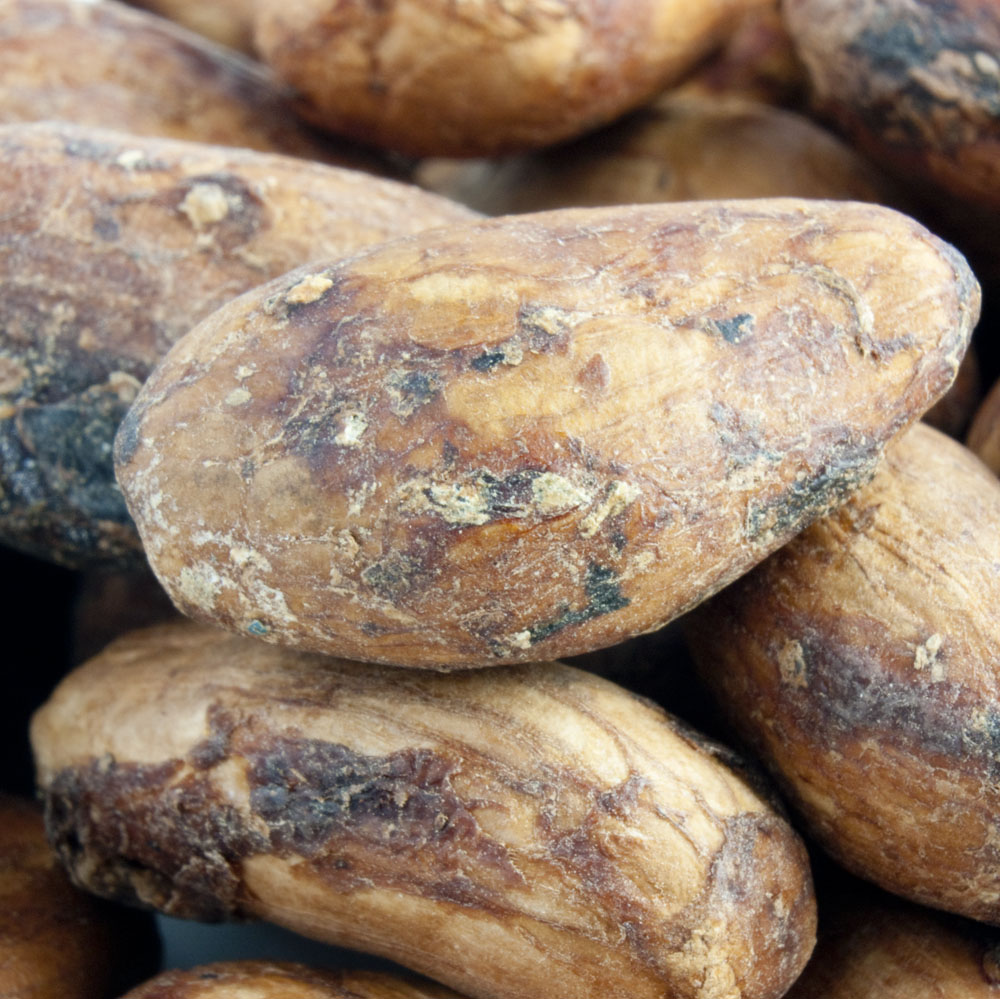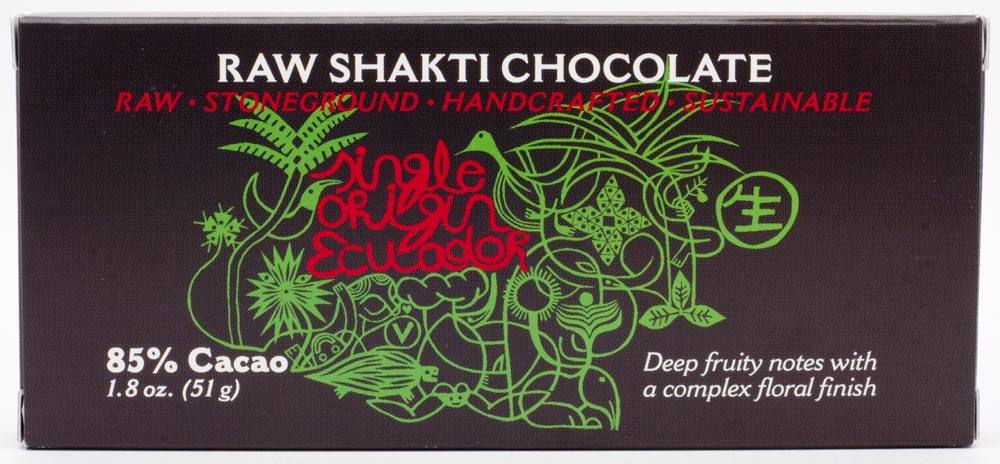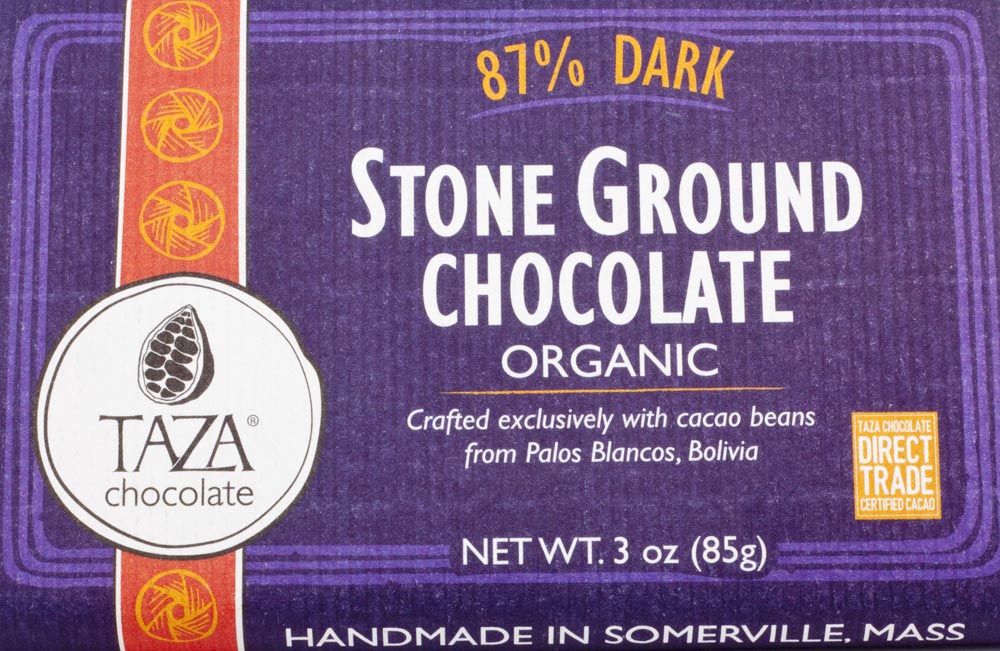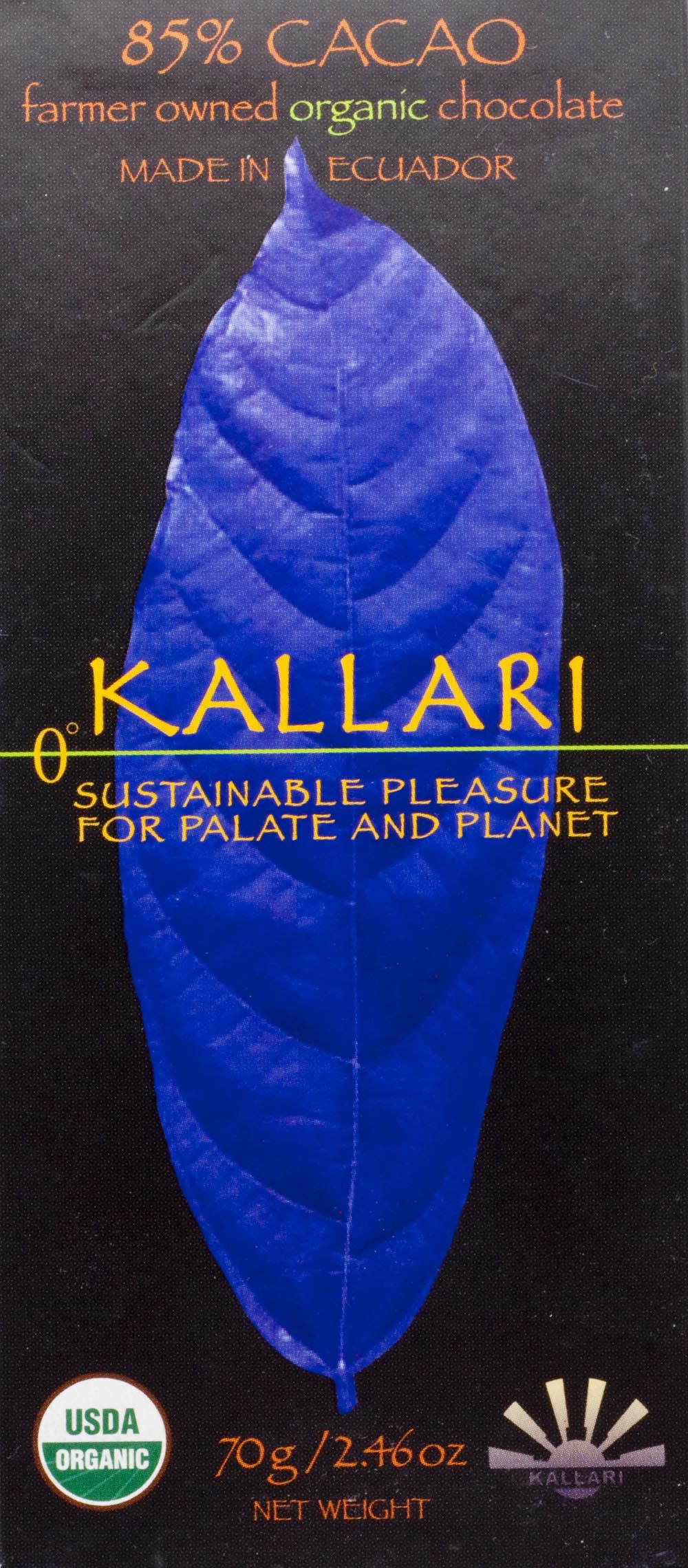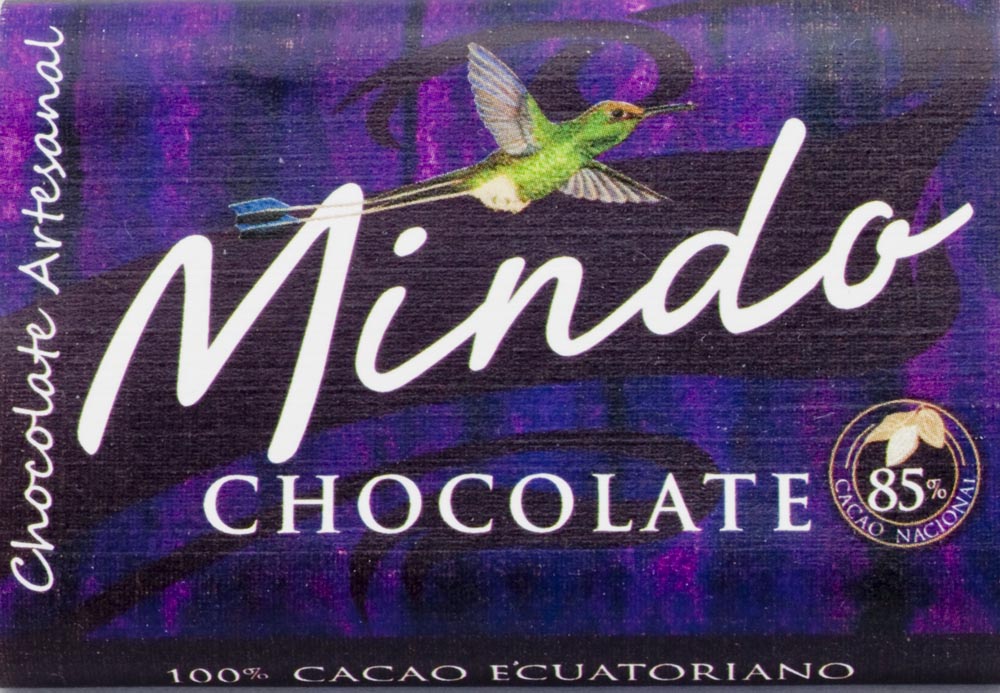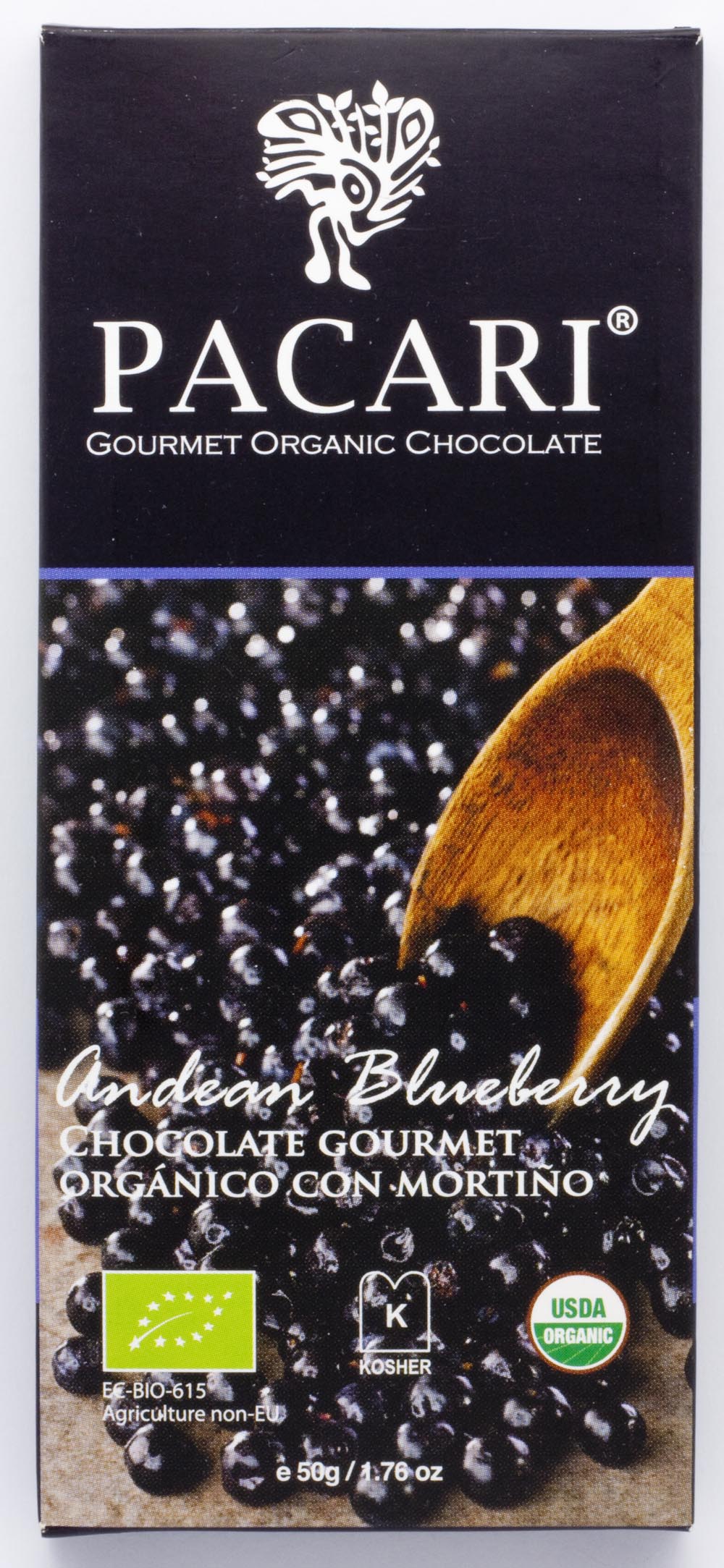About This Post
Let me say right at the beginning that this post is my informed personal opinion. I say informed because I spend a lot of time, every day, thinking about food. I do a lot of research about the nutritional content and health effects of various foods. I am a professional chef and spend many hours each day cooking organic and gluten-free meals for customers. I currently get daily updates to almost 50 web sites and blogs that specialize in health, nutrition, medical and scientific research and related topics. I do all these things because I like being healthy, feeling good and eating well.
Chocolate has been in the news a lot during the past ten years. There have been many big headlines about health benefits related to eating chocolate. As soon as the first independent research showed possible health benefits, the large chocolate makers started funding their own research studies. Soon there were a lot more headlines about the health benefits of chocolate. A lot of us loved hearing this because a lot of us love chocolate. We wanted to be able to think that eating chocolate was good for us.
But think about this: How would you feel about a study showing great health benefits for people eating more beef if you knew the study was funded and organized by the largest beef packing corporation in the US? Might you be just a little skeptical? Especially if there were many other studies by independent researchers showing that beef was maybe not all that healthy if eaten in large quantities and especially if it was grain-fed beef?
Keep in mind that it is not always easy to track down where the funding for a study comes from or whose idea it was to do the study. Chocolate research has been like that. Headlines that we want to believe coming from poorly designed or very small studies with unknown funding sources. Contradictory results on the same questions from different studies. These cause me to question credibility, motivation and reliability of the conclusions. And then there are the candy makers trying to make you believe that research results from dark chocolate also apply to milk chocolate.
What About Chocolate
The only form of chocolate that can be considered a whole food is the raw, unprocessed cacao bean. Raw cacao beans have only a faintly chocolate flavor and most people think they are very bitter. They are packed with antioxidant and anti-inflammatory compounds and other nutrients with proven health benefits. The raw cacao beans are also very high in fiber.
All other forms of chocolate are processed cacao beans. They are fermented to develop flavor, dried, cleaned, roasted, and shelled. Then what is left is ground up into powder. The powder is liquified into chocolate liquor. The chocolate liquor is usually separated into cocoa solids and cocoa butter. Solid chocolate as we know it is made from various percentages of cocoa powder and cocoa butter. Sugar or another sweetener is almost always added. Often another fat is also added. Dairy solids or liquids are added to make milk chocolate. Cocoa butter with dairy but no cocoa solids makes white chocolate.
The least processed forms ch0c0late that retain the most nutrients with the least calories are unsweetened and dark chocolate. The higher the percentage of cocoa powder, the higher the nutrient content. The less sugar added to the formula, the lower the calorie count.
Note that it is possible to find a few chocolate bars and cocoa powders made from shelled raw cacao beans. None of these taste like the chocolate bars most of us are used to eating. They are much more nutritious, lower in calories and also much more bitter and with a drier, grainier texture.
The Health Claims For Chocolate
All health claims made so far have been for dark chocolate only. It has been repeatedly shown that adding dairy to chocolate cancels out any health benefits. The health benefits attributed to eating dark chocolate so far include: better heart health, lower blood pressure, better brain health, improved control of blood sugar, hardening of tooth enamel and systemic antioxidant and anti-inflammatory action. Some have also argued, based on compounds isolated from chocolate, that it should act as a mood elevator and energizer.
What I Think About Chocolate
I think that if you like chocolate(and most of us do) that there is nothing wrong with eating 1/2-1 ounce three or four times per week. If it is a chocolate bar and there is added sugar, it is still junk food and moderation is the key. If you want antioxidants, minerals, vitamins and other nutrients you should eat a serving of fresh fruits or vegetables. A chocolate bar is no more a whole food than a loaf of commercially baked soft white bread, no matter what the antioxidant content.
If you want to get the benefits of chocolate without the negatives, find a way to work raw, unprocessed cacao beans into you diet. I throw five or six into every smoothie I make. I will have a few raw cacao beans along with a couple of whole almonds, pistachios and walnut halves for a snack. I will add raw cacao beans to a dry spice rub mix in the food processor or add them to a cup of tea as it brews. This avoids all added sugars and fats and retains all of the nutrients.
When I want a piece of “real” chocolate as a treat or reward, I will eat a few squares of dark chocolate that is at least 85% cocoa solids with minimal added sugar. A little bit satisfies and you will not find yourself wanting to eat the whole bar at one time.
Make Sense Of The Chocolate Health Maze
Click on the links below to read about some of the health claims made for chocolate. Try to trace these headlines back to the original studies and find out where the funding came from. Notice any differences between positive and negative health claims, who makes them and who paid for them. Take note of the disclaimers, if any.
http://my.clevelandclinic.org/heart/prevention/nutrition/chocolate.aspx
http://www.webmd.com/diet/news/20030827/dark-chocolate-is-healthy-chocolate
http://www.acu-cell.com/choc.html
http://en.wikipedia.org/wiki/Health_effects_of_chocolate
http://www.nbcnews.com/id/7339594/ns/health-diet_and_nutrition/t/chocolate-good-you/#.Ul2ritizIrg
http://wiki-fitness.com/cocoa-cacao-nutrition-health-benefits/
http://www.clemson.edu/extension/hgic/food/nutrition/nutrition/dietary_guide/hgic4090.html
http://en.wikipedia.org/wiki/Chocolate
http://www.chocolate.org/health/

